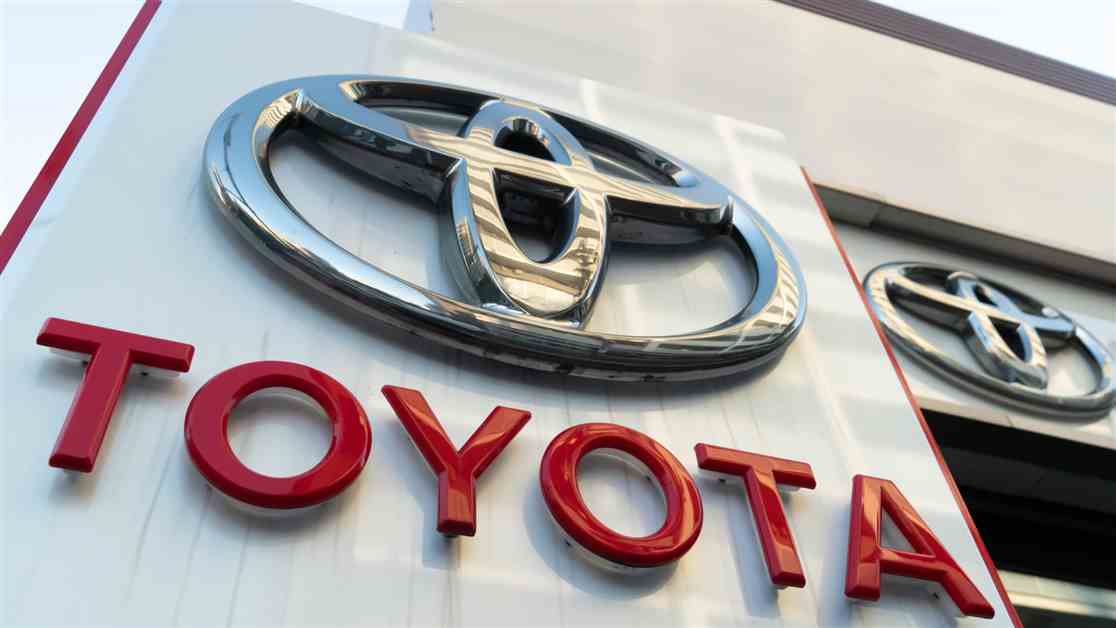Toyota Apologizes for Cheating on Vehicle Testing and Halts Production of Three Models
A sign is displayed outside a Toyota Motor Corp. dealership on Jan. 30, 2024, in Tokyo, Japan. Toyota Chairman Akio Toyoda apologized Monday for massive cheating on certification tests for seven vehicle models as the automaker suspended production of three of them. The wide-ranging fraudulent testing at Japan’s top automaker involved the use of inadequate or outdated data in collision tests, and incorrect testing of airbag inflation and rear-seat damage in crashes. Engine power tests were also found to have been falsified.
Toyota Motor Corp., based in Toyota City, central Japan, suspended production in the country of the Corolla Fielder, Corolla Axio, and Yaris Cross. The deceptive tests were also found on discontinued models. The company said the wrongdoing does not affect the safety of the vehicles already on roads, which include the Corolla subcompact and Lexus luxury vehicles.
“We sincerely apologize,” Toyoda told reporters, bowing deeply and holding the position for several seconds, as is customary in Japan at news conferences where companies apologize for misbehavior. A Japanese government investigation into Toyota began in January. The issue does not affect Toyota’s overseas production.
Also Monday, Toyota’s Japanese rival Mazda Motor Corp. reported similar irregular certification testing and halted production of two models, the Roadster and Mazda 2. It said incorrect engine control software was used in the tests. Mazda, based in the southwestern city of Hiroshima, also acknowledged violations on crash tests on three discontinued models. None of the violations affect the vehicles’ safety.
Tokyo-based Honda Motor Co. also apologized Monday for improper tests, such as those on noise levels and torque, on a range of models. Honda said affected older models — the Accord, Odyssey, and Fit — are no longer in production. The safety of the vehicles is not affected, it said.
Certification problems starting surfacing two years ago at Toyota group companies, truck maker Hino Motors, and Daihatsu Motor Co. — specializing in small models — and Toyota Industries Corp., which makes machinery and auto parts.
Shinji Miyamoto, a Toyota executive overseeing customer satisfaction, said Toyota began looking into its own tests following the problems at the group companies. The apparent unraveling of the testing systems at Toyota and its group companies is an embarrassment for an automaker that’s prided itself for decades on production finesse and a corporate culture based on empowering workers to make “ever-better cars.”
Toyoda, the grandson of the company’s founder, suggested some certification rules might be overly stringent, noting such tests differed around the world. But he repeatedly said he wasn’t condoning the violations. “We are not a perfect company. But if we see anything wrong, we will take a step back and keep trying to correct it,” said Toyoda. He said the company may have been too eager to get the tests done and abbreviated them at a time when model varieties were burgeoning. Toyota sells more than 10 million vehicles around the world.
